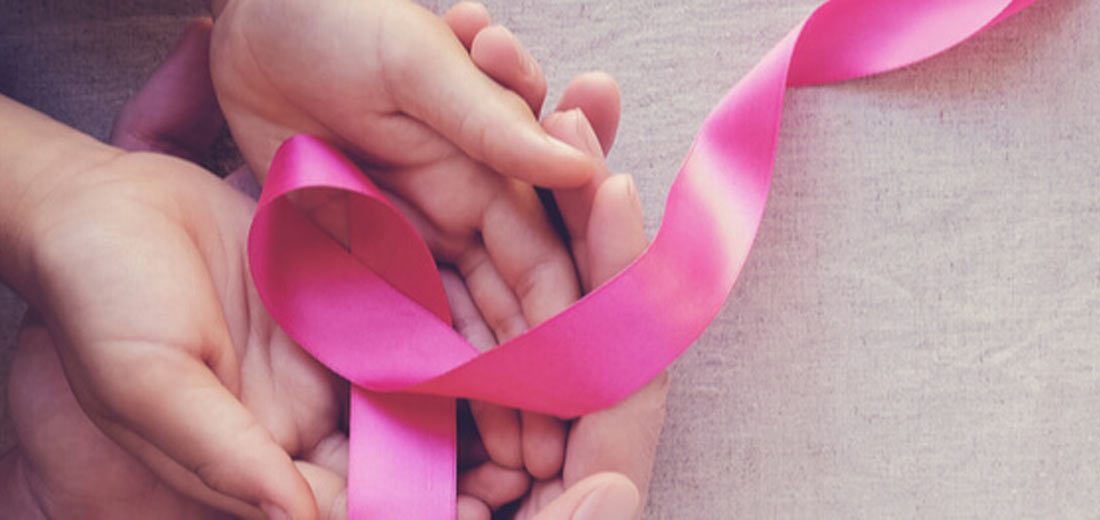The corona virus is a flu-like virus. Corona viruses are a family of viruses that cause disease in mammals and birds but can occasionally evolve to affect humans. Coronavirus disease 2019 (COVID-19) is defined as an illness caused by a novel coronavirus now called severe acute respiratory syndrome coronavirus 2 (SARS-CoV-2; formerly called 2019-nCoV). Presentations of COVID-19 have ranged from asymptomatic or mild to severe symptoms appearing between days 2 and 14 after exposure to the virus. If you have any the following symptoms please contact your healthcare provider.
Symptoms include:
- a high temperature of above 37.8C and, or
- a new continuous cough (if you usually have a cough, it may be worse than usual)
- a loss of, or change in, your normal sense of taste or smell
How does the virus spread?
The virus can contagiously spread from person to person, through small droplets from the nose or mouth produced when a person coughs or sneezes. Another person may catch COVID-19 by inhaling these droplets or by touching a surface that the droplets have landed on and then touching their face especially eyes, nose, or mouth.
If I have cancer, am I at a higher risk of getting COVID-19?
So far, there is no robust data about the high incidence of COVID-19 in cancer patients. However, there is sufficient evidence indicating that people are more susceptible especially when they have an underlying health condition such as chronic lung disease, cardiovascular disease, diabetes, chronic kidney disease, and active cancer.
Certain anti-cancer treatments such as chemotherapy or radiotherapy may affect one’s immune system temporarily. If they’re immune-compromised and exposed to COVID-19 then they may be at higher risk of becoming infected. COVID-19 virus is more likely to progress at a greater speed in a cancer patient. It is best to discuss with your health care provider to intervene early.
Should I delay or interrupt my therapy during the COVID-19 pandemic?
It should be highly individualized to delay, discontinue or modify cancer therapy, the decision will be based on the overall goals of treatment, risks of cancer progression if treatment is postponed or interrupted, patient tolerance of the treatment and the patient’s general well being. Each decision requires an individualized risk vs. benefit assessment. For further information please contact your health care provider.
Should I be tested for COVID-19?
Please inform your health care provider if you or your caretakers have been exposed to anyone with known/suspected COVID-19 or anyone who had a recent travel history. Contact your health care provider if you have symptoms described above. Discuss with your health care provider if you need to be tested for COVID 19.
If you have been tested positive then you may be required to remain in quarantine, or maybe hospitalized and follow your health care provider’s advice.
Are there any special precautions for people diagnosed with cancer?
People diagnosed with cancer may be at high risk. However, there are no special steps to protect themselves against COVID-19. It is important to follow general recommendations of care like:
- Wash your hands with soap and water or, if not available, use an alcohol-based hand sanitizer
- Avoid touching your face, nose, and eyes
- Avoid crowded areas and sick people
- Maintain social distancing
- Self-isolation is recommended for people at high risk of serious consequences from COVID-19
- Practice good respiratory hygiene
- Wear face masks
- Call your health care provider if you’re sick.
What is the treatment for COVID-19?
To date, there are no FDA-approved drugs to treat or prevent coronavirus. However clinical trials are being conducted throughout worldwide. Remdesivir, convalescent plasma, and other investigational therapies have shown promising results. Antibiotics do not help, as they do not work against viruses. Supportive care treatment aims to relieve the symptoms. One may need to be isolated away from other people until they have completely recovered.
Is there a vaccine against COVID-19?
There are no vaccines available yet against the virus. Many health institutions and pharmaceutical companies are working on it. The first clinical trial for a COVID-19 vaccine started in mid-March, and trials testing other potential COVID-19 vaccines are in process. However, the availability of the vaccine worldwide might still take a long time. Scientists and health experts are learning more about the virus every day, and are updating their information daily.
For further information and assistance please reach out to your healthcare provider.
